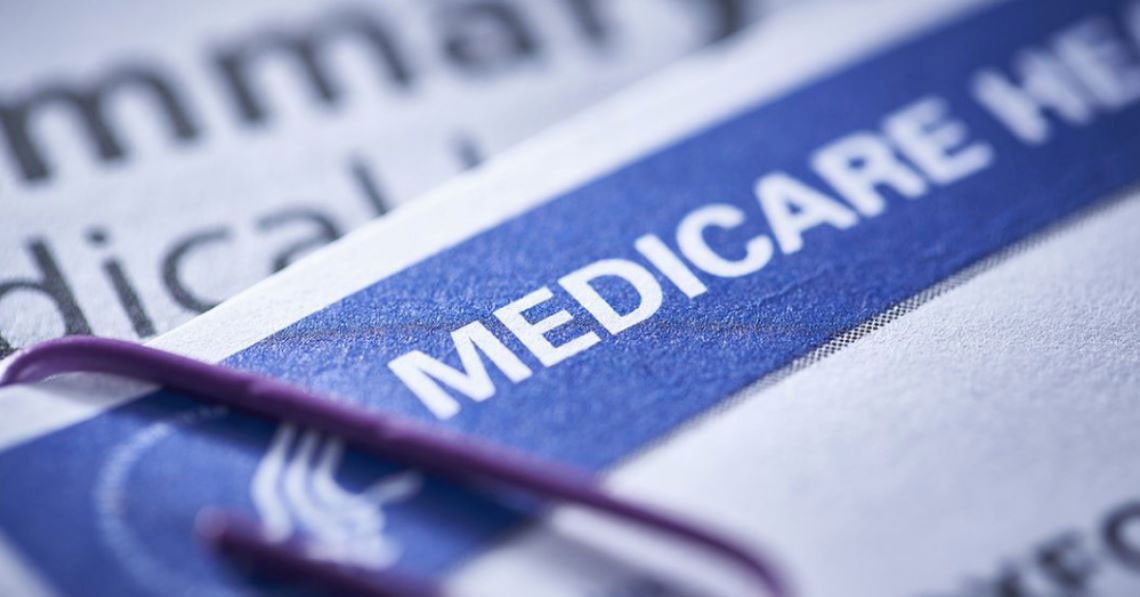Staying Fit
| Many services you’ve come to rely on when you received insurance through your employer won’t be paid for using original Medicare, the two-part program that then-President Lyndon B. Johnson signed into law in 1965.
Part A provides coverage for inpatient stays in hospitals and skilled nursing facilities, some home care and end-of-life hospice care.


AARP Membership— $12 for your first year when you sign up for Automatic Renewal
Get instant access to members-only products and hundreds of discounts, a free second membership, and a subscription to AARP the Magazine.
Part B covers doctors’ services, diagnostic screenings, lab tests, outpatient care, and some medical equipment and transportation. It also covers a variety of preventive measures — screenings, tests and vaccines — at no cost to you.
What are the details of what Part B won’t pay for?
Part B doesn’t cover everything, including several doctor and outpatient services.
- Care not considered medically necessary, such as elective cosmetic surgery or weight loss procedures, unless you meet certain conditions associated with morbid obesity
- Chiropractor or acupuncture visits, unless you meet very specific criteria. It won’t cover regular maintenance or preventive chiropractic visits or treatments to other parts of the body.
Part B covers only manual manipulation of the spine considered medically necessary to correct a subluxation, a dislocation or misalignment of the vertebrae. It covers acupuncture only if you’ve experienced low back pain for at least 12 weeks.
- Dental cleanings, exams and X-rays, as well as most dental care and procedures
- Gym memberships and general fitness benefits
- Medical services outside the United States, except under rare circumstances
- Most prescription drugs. Part D covers many of the doctor-prescribed medicines you take yourself as well as insulin you inject yourself and related supplies. Part B does cover drugs administered in a doctor’s office or outpatient clinic, such as most infused and injectable medications, and those delivered through durable medical equipment, including insulin from an external infusion pump that you reuse.
- Routine eye exams, eyeglasses and contact lenses. Part B covers eye exams to check for certain conditions, such as glaucoma and diabetic retinopathy if you’re considered at high risk. It also covers one set of glasses or contact lenses if you have cataract surgery that implants an intraocular lens.
- Routine foot care, but it covers therapeutic shoes and accompanying orthotic inserts and some foot exams for people with diabetes

































































More on health
How do I create a personal online Medicare account?
You can do a lot when you decide to look electronicallyDoes your doctor accept Medicare’s approved amount?
You’ll pay less if your doctor accepts assignmentUnderstanding Medicare’s Options: Parts A, B, C and D
Making sense of the alphabet soup of health care choices